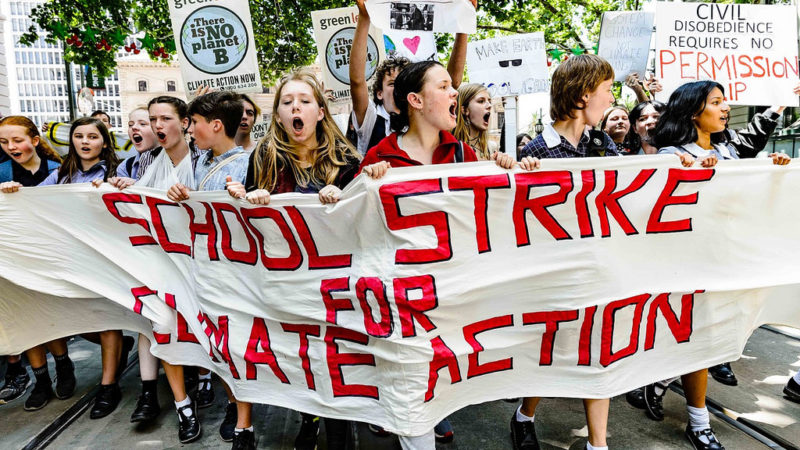'The Skills and Post-16 Education Bill was slightly unusual in that it started its life in the House of Lords.'

Natalie Bennett is a Green Party peer and a Contributing Editor to Left Foot Forward.
The Skills and Post-16 Education Bill was slightly unusual in that it started its life in the House of Lords. That meant, despite its importance, it has received even less media attention than usual for something so crucial to our future in tackling our age of shocks, facing up to our climate emergency and nature crisis, the need to secure food supplies and upgrade our housing stocks, among so many other practical concerns.
And the initial detailed debate, Committee Stage, followed, in this respect, a predictable path. Despite the centrality of the environmental threats, there was no mention of them in the Bill. A collection of the usual suspects led by the outstanding crossbencher Baroness Helene Hayman, co-chair of Peers for Planet, tabled an amendment to the Bill that would have ensured future skills, capabilities or expertise align with the UK’s net zero target. I put in my standard amendment to that amendment saying “AND biodiversity”.
From the Pensions Schemes Bill, when I first entered the House, to the Financial Services Bill, through the Agriculture Bill, we’ve seen similar patterns.
By tradition at Committee stage, no votes are (generally) held. Today we start Report stage, when amendments will be voted on. And the House will adopt some government amendments responding to the Committee debate. Often these are small technical points, but when I opened the slate of government amendments, I was in for a shock, of a pleasant kind. Not something I often experience in the House.
But sitting there on the Marshalled List of amendments was government amendment 6, which includes a provision that local skills improvement plans can only be signed off by the minister if they adequately cover the legal net zero emissions target, the need to adapt to climate change and meet other environmental goals, “such as restoration or enhancement of the natural environment”.
This is definitely progress, and real credit to the new minister, Baroness Barran, for overseeing the change.
It seems she was listening in the House, but even more importantly, listening to the voices on the street: the young climate strikers who I joined just last month on Parliament Square, and the young people at youth summits and other events who’ve been demanding that climate change be incorporated into every subject they study.
There’s a very clear message there: campaigning works. The more people make politics what they do rather than it being done to them, the more essential change we can achieve.
But this comes only after the government was pushed into it. The next step forward for the government will be to see such clauses written in government bills from the start – particularly in financial bills. And there’s still much missing from the bill. I’ll be arguing today for the need for a focus on skills for our food system.
Despite the Prime Minister trying to wipe his hands of the issue of ensuring the nation is fed, that’s clearly a foundational issue for government ensuring people don’t starve. And it is evident that from food growing
to transport, we’re drastically short of the skills we need. And despite the government bringing in “Right to Repair” legislation – if still inadequate in scope — there’s no provision for providing the urgently needed skills to allow those repairs to happen.
Too much of the Bill is focused still -as is the whole government on serving “the economy”, instead of meeting the pressing needs of people in our society for a secure future available to all. And it does not sufficiently acknowledge that education isn’t just about “jobs”, but preparing people to be community activists, voters and campaigners, parents and carers, in our difficult and insecure world. For much of the adaptation we need is social, rather than
simply technical.
Left Foot Forward doesn't have the backing of big business or billionaires. We rely on the kind and generous support of ordinary people like you.
You can support hard-hitting journalism that holds the right to account, provides a forum for debate among progressives, and covers the stories the rest of the media ignore. Donate today.



